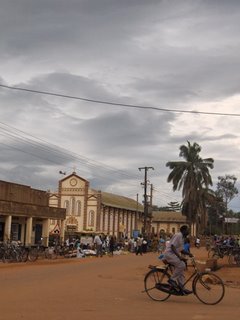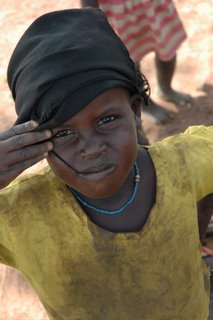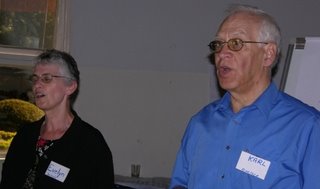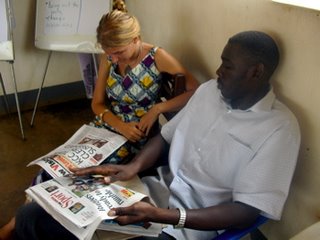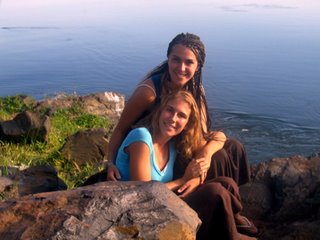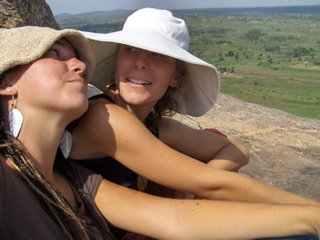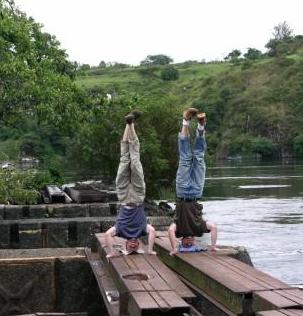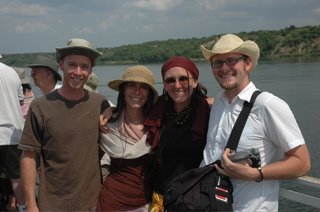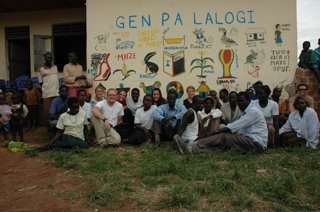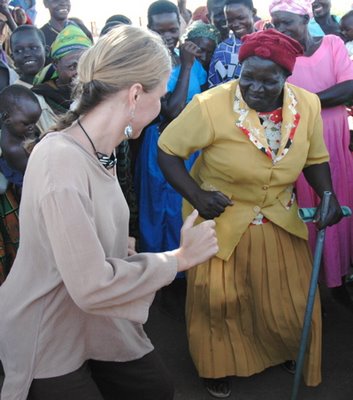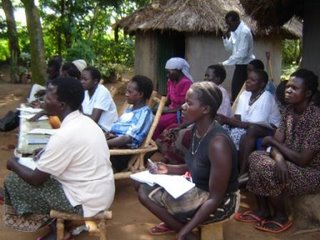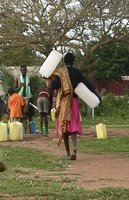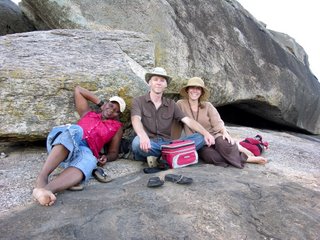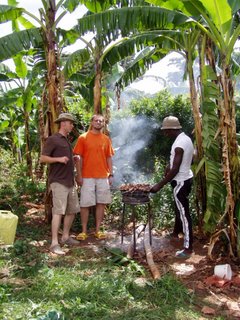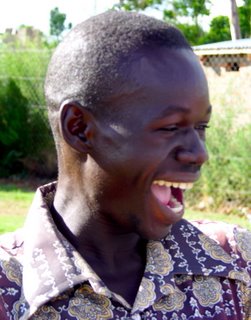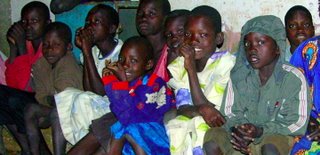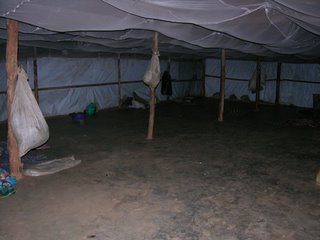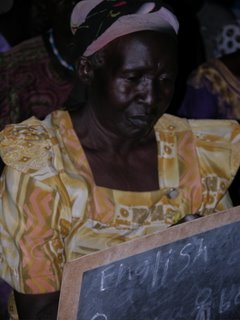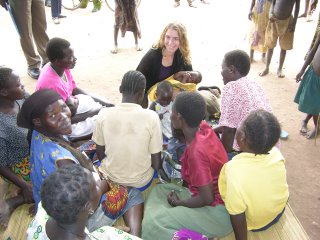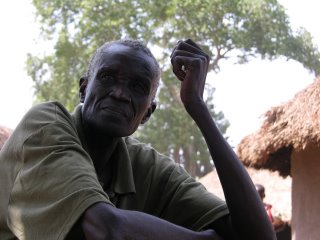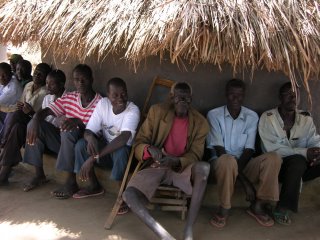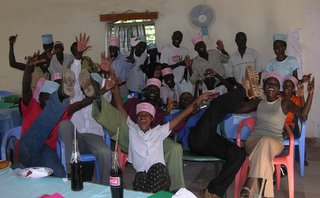
By Holly
For a long time I've had the idea of this post in my mind. Probably since the time in March when flying white ants stormed our house for the first time and a rush of neighbors licking their lips came to collect them. People told us then how valued the white ants are. They are considered a precious and tasty morsel--rare and shared only among friends. Another way of describing a dear friend is to say "split the white ant at the waist." Even if you only had one ant you'd share half of it with your friend. Someone told me that if you have a "split the white ant" friend then you know that you have a true friend, someone you can depend on and who depends on you. It reminds me of chilly evening walk with Tina, Kimbal & Kellen in Boston. We went through the Holocaust memorial after consuming massive lobsters and yummy clam chowder. It's a glass hallway in a park with stories etched along the path. One of them was of a girl in a concentration camp who while doing work outside happened upon a raspberry. She hid it in her pocket and brought it back into the camp that night where she shared her now smooshy raspberry with her best friend. It made me cry when I read it--and since I was with very good friends--we teared up together--and promised that we would share the smooshy raspberries of life.
So my idea was to post some of the faces of our growing friendship here--people that we've shared white ants with. The problem is that friendships/relationships are not static. Every day is full of changes-of new closeness, new trust, but also of betrayals and disappointments--some big and some small. The largest blow to my white ant idea was when our closest friend confessed that he'd been stealing from us (see betrayal and reconciliation). Most of our relationships are not so dramatic, but as human beings I think we regularly give one another reason to doubt, reason to wonder about true motives, and reason for me to put off posting the faces of people that I sometimes ask myself, but are they really friends that I can share white ants with? Am I really the kind of friend that they'd share a white ant with? I don't know. I think that there just comes a point when we have to be ok with the fact that our friends will disappoint us, and we will disappoint them and we make conscious choices to continue to trust, hope and love in full knowledge that the human experience is broken and vulnerable.

Dan

Helen

Philip and Tonny

Jane

Godfrey

Priscilla

Sandra


